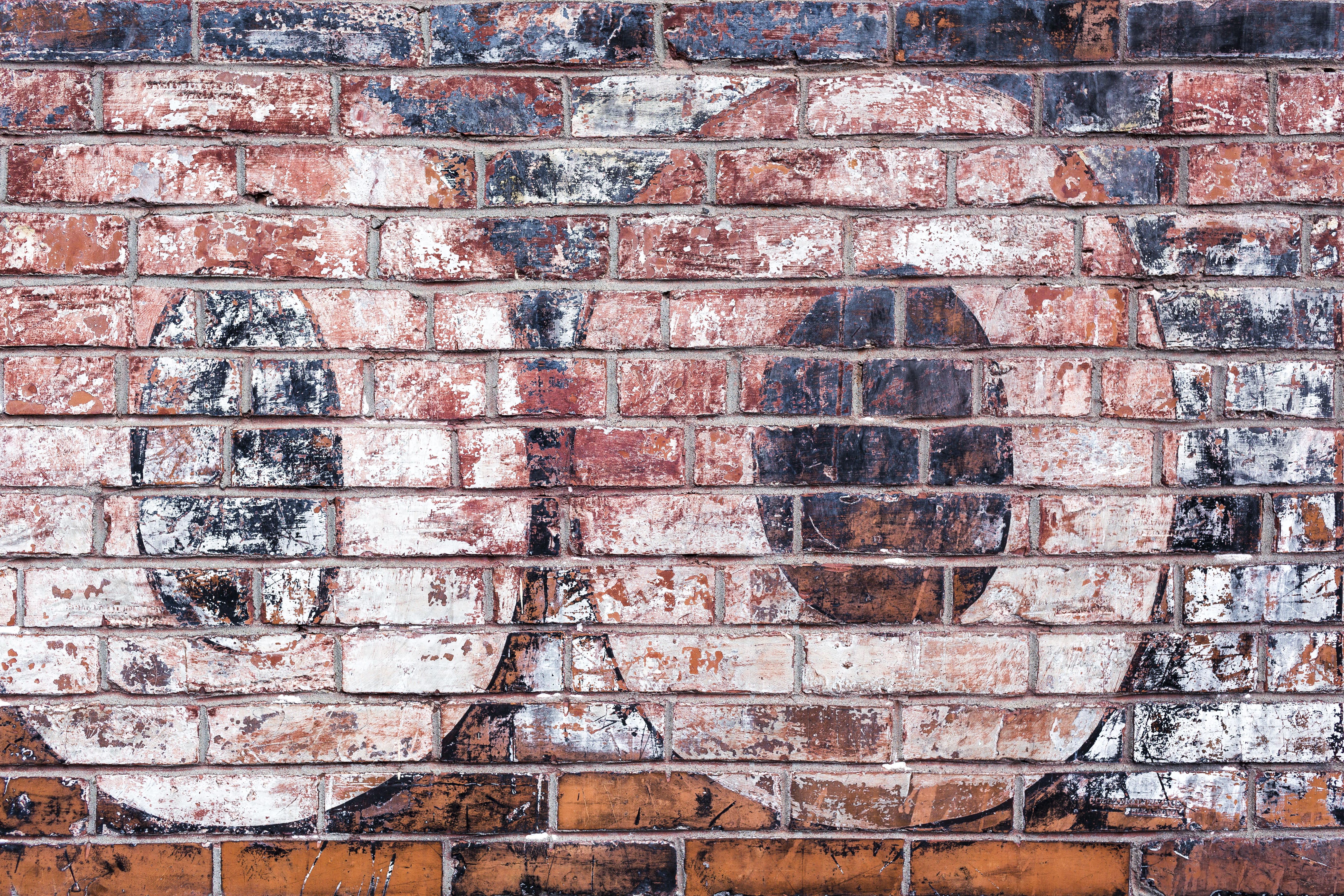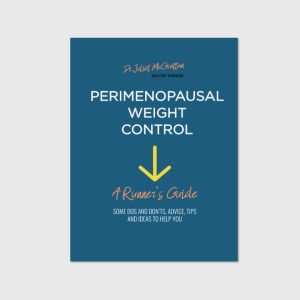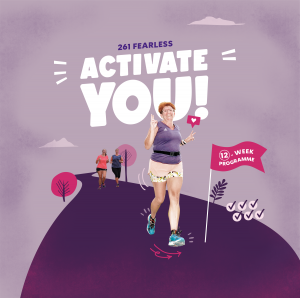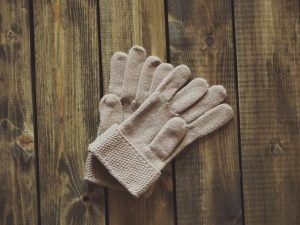I was examining my breasts the other day and suddenly realised that I couldn’t remember the last time I had done it. Then I felt worried that if I found a lump it could have been there for several months. There’s nothing like the fear of breast cancer to invoke anxiety. Thankfully all was well but it served as a reminder to me of the importance of this quick, simple home check that we can all do. So, how often should you check your breasts? Should you examine yourself every time you get in the shower, once a month or is a quick feel every now and then when you remember enough?
Cancer Research UK states, ‘When diagnosed at its earliest stage, almost all (98%) people with breast cancer will survive their disease for five years or more, compared with around 1 in 4 (26%) people when the disease is diagnosed at the latest stage.’ However, not all breast cancers can be detected by breast self-examination. Other methods such as breast screening through mammography are used to help detect cancers early. It does however make sense to give yourself the best chance of picking up a cancer early with a simple home examination and awareness of your breasts.
Be breast aware
Generally being breast aware is more important than regularly timed checks. Get to know your breasts. You’re more likely to notice changes and will feel more confident about spotting them. This means knowing how your breasts look as well as how they feel. Here are some simple everyday actions give you an opportunity to check your breasts:
- If you are undressing in front of the mirror, always just cast a quick eye over the silhouette, shape and outline of your breasts, sometimes skin can pucker or dimple.
- When you’re in the shower and your hand is soapy, just run it over your breasts as you wash yourself.
- If you’re applying body cream use that as an opportunity to notice how the breast skin and nipples look and feel.
- If you’re shaving your armpits, just feel gently with your fingers as you rub on the shaving gel; breast tissue can extend into the armpits.
- When you’re putting on your bra, just notice how your breasts sit in the cups.
Develop a habit
There is actually no set recommended frequency with which you should specifically check your breasts and being breast aware all the time is more effective. Most information says that around once a month is adequate. The problem with busy lives is that time flies and months and months can go before you realise you haven’t checked. Simple memory isn’t a reliable way for the majority of women to ensure they do it. If you’d like to create some kind of pattern, habit or prompt that means you don’t forget, here are some suggestions:
- Check on the first day of each new month.
- If you regularly menstruate, tie the check in with your menstrual cycle.
- Set a reminder on your phone or computer.
- Write it on the kitchen calendar!
- If you are taking daily medications, use the completion of a month of your tablets as the reminder to check your breasts.
- Do you get through a bottle of shampoo or face cream roughly each month? Use the opening of a new bottle to remind you.
Just find what works for you. Whatever activity you do around once per month, use it as the trigger and associate it with a breast check.
Remember, if you notice any lumps or bumps or something that feels or looks different to you, it’s always best to get it checked by your doctor.
How often do you check and what reminds you to do it? Let me know in the comments.
In the next blog I’ll explain how to carry out a self-breast examination and what to look out for.
Featured image: Gratisography
There are more answers to questions like these and lots of health information to help you lead a happy and active life in my book Sorted: The Active Woman’s Guide to Health. Published by Bloomsbury and awarded First Place in the Popular Medicine category at the British Medical Association Medical Book Awards 2018.

Disclaimer: I can’t give personal medical advice and as always with health advice, reading something online doesn’t replace seeing your doctor who knows your medical history and can assess you in person. So, if you are unsure then always seek the opinion of a health care professional.








Once a month when I get a text reminder from Coppafeel – https://coppafeel.org/remind-me/remind-me-sms/ Without this service, I would have no chance of remembering to do it. Great blog, look forward to next time to make sure I am doing it correctly.
This is a great tip Jennie! I’ll mention it in the next blog. Have a lovely weekend.